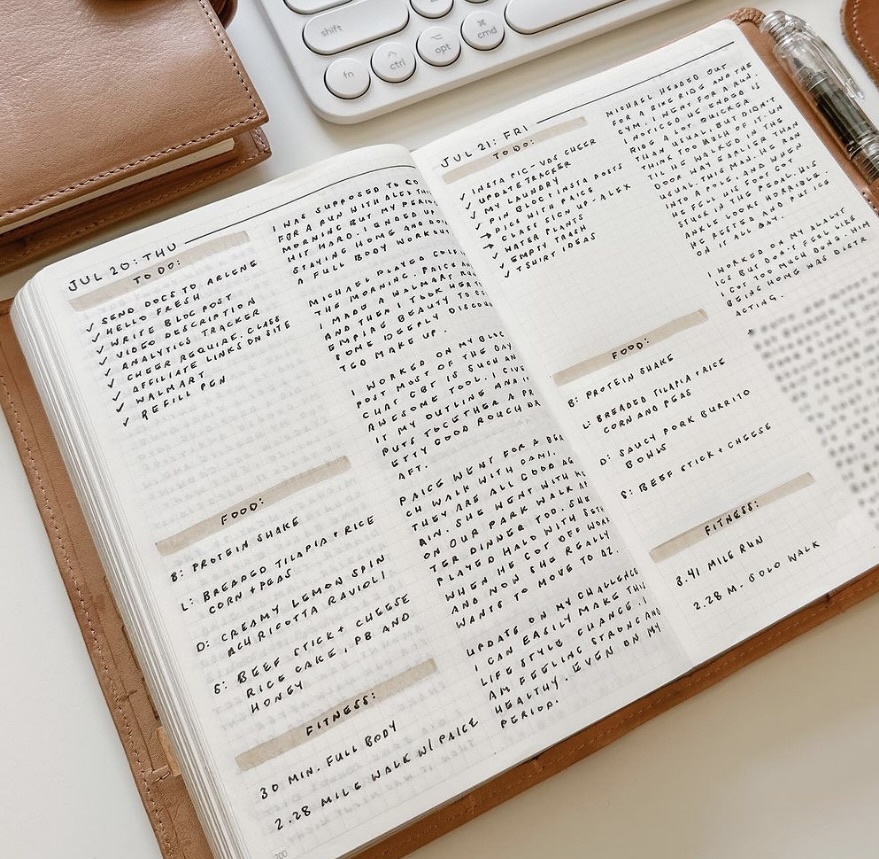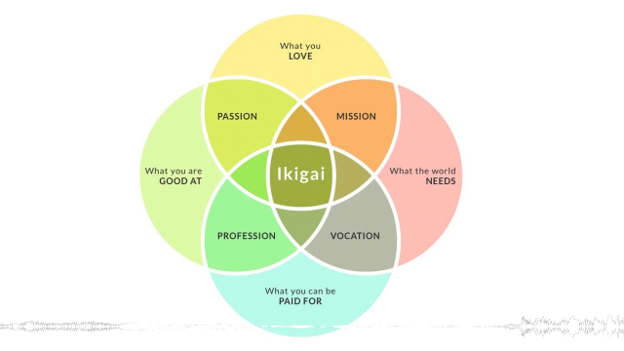Have you ever felt like you need those additional couple of hours, but it seems like you are stuck with these 24 hours that fly away in a blink? I get it. We’ve all been through that. This is because everybody has the same 24 hours. It’s just that some people plan their day better, and others don’t. Here are the top ten science-based tips that can get you started and help you master the art of time management.
Using the Eisenhower Matrix
The name sounds intricate, but the actual thing isn’t that complicated at all. Just grab a piece of paper, and divide it into four quadrants: urgent and important, not urgent but important, urgent but not important, and neither urgent nor important. Focus on these important tasks first. Then, work through the others slowly. It is the most effective way to prioritise tasks or to prepare to-do lists.
The two-minute rule
If a task takes less than two or roughly two minutes, complete it immediately. We often ignore these two-minute tasks, which pile up and take up most of our time.
Be SMART about the tasks you choose
The tasks you choose to complete for the day should be specific, realistic, achievable, and time-bound. DO NOT try to complete two equally challenging tasks on the same day. This may cause you to be stressed, and feel like you have no time to do other tasks.
The Pomodoro technique
I’m sure you’ve heard about this technique before because it is extremely helpful. This technique involves short but intense 25-minute work sessions with constant 5-minute breaks. After roughly four work sessions, you can take a lengthier break. This enhances concentration and also saves a lot of time and burnout.
Time blocking
Time blocking has been the best time-managing technique I’ve come across. As its name suggests, it involves allocating specific times for different tasks or types of work. This reduces multi-tasking and helps you maintain focus. You don’t need any complicated interfaces to do this. You can draw it on a piece of paper, or use everyday applications such as Google Calendar.
Following the 80/20 rule (Pareto Principle)
This principle indicates that 20% of the efforts can depict 80% of the results. We often focus on unimportant tasks, which leads to 80% effort. In return, we do not get the outcomes we expect, which gives us 20% results. If we can flip that around, with proper prioritisation of tasks, this principle results in less stress and more work, which productivity is all about.
Limiting distractions
This technique involves identifying distractions and minimising them to create a productive workspace. The most common would be mobile and website notifications because if you click on them, you’ll be stuck in a never-ending loop of videos of your liking. So mute the notifications or use website blockers to prevent distractions.
Learn to say no
Never overcommit yourself to any task. Politely decline any tasks that do not align with your goals, or which you cannot realistically manage. This saves you tons of burnout, and you feel more free of duties.
Use the Zeigarnik Effect (helps more if you are lazy)
This psychological wonder suggests that we remember the uncompleted tasks more than the completed ones. So, if you just put a start to something, which is the difficult part, you can easily complete the task, because you cannot get your mind off of it until you do.
Prioritise self-care
Prioritise your physical and mental health by exercising regularly, eating a balanced diet, meditating, and most importantly having an adequate amount of sleep. This allows you to be more healthy and calm overall as a person, which prevents stress and overthinking for you to prioritise tasks and time effectively.
Bonus tip!
At the end of the day or week, review your accomplishments so far and analyse how well you did. Then adjust your strategies as required. This self-assessment helps you to enhance your time management skills.
These science-based time management strategies are based on research in psychology and behavioural sciences. If these are incorporated into your schedule, it can help you to be more productive, reduce stress, and achieve your goals more effectively.
Sources & Recommended Reading:
https://www.flexjobs.com/blog/post/science-based-time-management-hacks/
Some ideas I have been implementing for a long time.





















